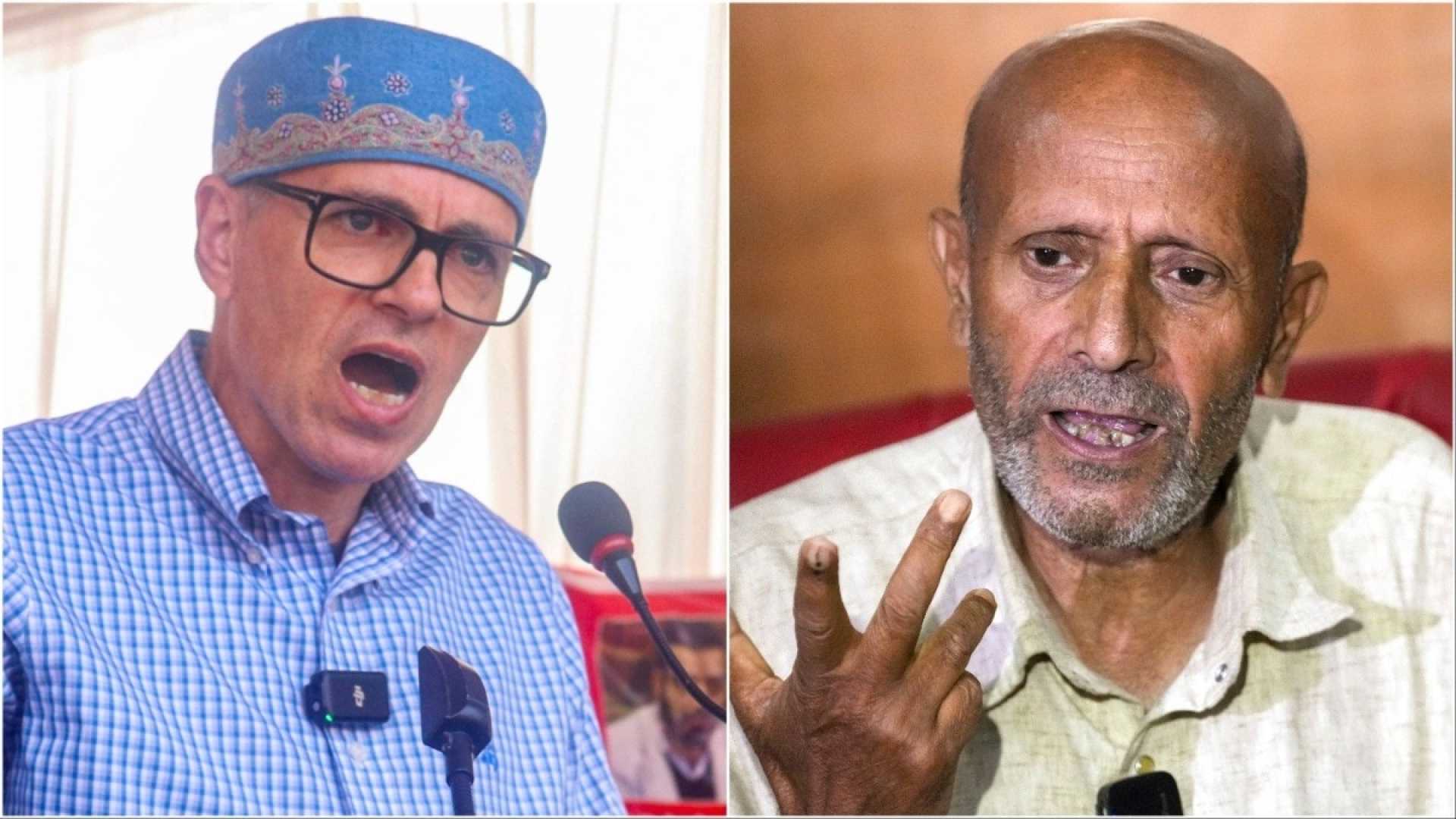News
Jammu and Kashmir Assembly Polls: AIP Leader Calls for Peace and Rights Amid Vote Counting

As the counting of votes for the Jammu and Kashmir Assembly elections commenced on Tuesday, October 8, 2024, the Awami Ittehad Party (AIP) President and Member of Parliament, Sheikh Abdul Rashid, also known as Engineer Rashid, made a fervent appeal for peace and the upholding of rights. Addressing the media, Mr. Rashid remarked on the impermanent nature of political power and the strategic importance of Jammu and Kashmir, which lies between the borders of Pakistan and China.
Engineer Rashid stated, “Power is not a permanent thing…Jammu and Kashmir is not an ordinary State. On one side there is Pakistan, on the other side there is China. The world is watching us. Let the people of Kashmir live and give them their rights.” He urged that the newly elected government should function as a liaison between the people of Jammu and Kashmir and New Delhi to resolve ongoing issues and uphold the dignity of residents.
Furthermore, the Baramulla MP appealed to External Affairs Minister S. Jaishankar to use his upcoming visit to Islamabad, for the Shanghai Cooperation Organisation (SCO), to advance peace initiatives regarding Kashmir. “External Affairs Minister Dr. S. Jaishankar should not go to Islamabad just for a tour. He should not deceive the world that I went to the Shanghai conference. He should do something good behind the scenes for the peace of Kashmir,” Engineer Rashid asserted.
Amid these political developments, the counting of votes for the assembly elections in Jammu and Kashmir began at 8 a.m. on the same day. The elections, held across three phases on September 18, September 25, and October 1, 2024, covered the 90 constituencies of the Union Territory. An overall voter turnout of 63.88% was reported by the Election Commission of India. Exit polls have suggested that the National Conference-Congress alliance holds a potential lead.
In a related development, the Jamaat-e-Islami emerged as a notable participant in this year’s elections, returning to electoral politics after nearly four decades. Eight out of ten candidates from the Jamaat, who ran as independents, have reportedly lost their deposits. Manzoor Ahmed Kaloo, contesting from Sopore—a historic bastion of the late Hurriyat leader Syed Ali Shah Geelani—garnered only 406 votes. Despite their limited success in constituencies such as Kulgam and Zainapora, where they achieved second place, Jamaat’s re-entry received mixed reactions.
The Jamaat’s electoral history reveals its challenges in converting socio-cultural influence into substantial electoral victories. The organization’s participation since the early 1970s shows sporadic success, with the 1987 elections under the Muslim United Front being the most significant, albeit marred by allegations of rigging favoring the National Conference. These historical dynamics continue to influence political narratives in Jammu and Kashmir.












